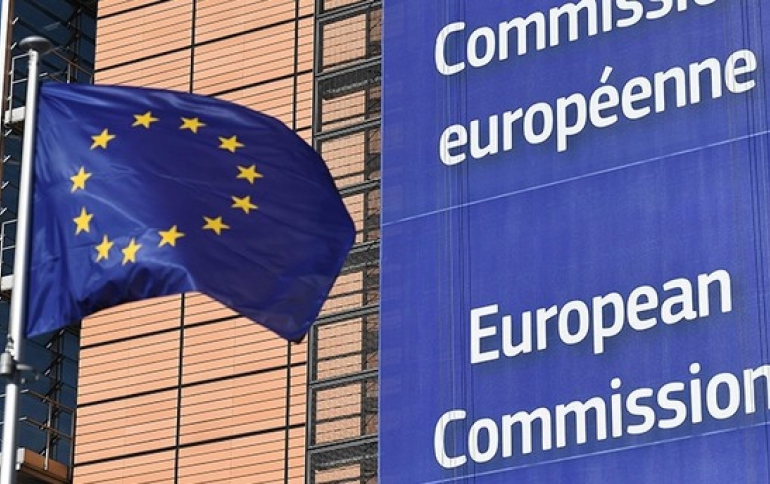
Online Platforms Have to do More to Fight Fake News: EU
The European Commission published the latest reports by Facebook, Google and Twitter covering the progress made in March 2019 to fight disinformation.
Vice-President for the Digital Single Market Andrus Ansip, Commissioner for Justice, Consumers and Gender Equality Věra Jourová, Commissioner for the Security Union Julian King, and Commissioner for the Digital Economy and Society Mariya Gabriel welcomed the progress made in a joint statement:
"We appreciate the efforts made by Facebook, Google and Twitter to increase transparency ahead of the European elections. We welcome that the three platforms have taken further action to fulfil their commitments under the Code.
All of them have started labelling political advertisements on their platforms. In particular, Facebook and Twitter have made political advertisement libraries publicly accessible, while Google's library has entered a testing phase. This provides the public with more transparency around political ads.
However, the report says that further technical improvements as well as sharing of methodology and data sets for fake accounts are necessary to allow third-party experts, fact-checkers and researchers to carry out independent evaluation. "At the same time, it is regrettable that Google and Twitter have not yet reported further progress regarding transparency of issue-based advertising, meaning issues that are sources of important debate during elections," ther EU said.
The EU has warned of foreign interference during campaigning for the European Parliament elections and national elections in Belgium, Denmark, Estonia, Finland, Greece, Poland, Portugal and Ukraine in recent and coming months.
The Commission said Google had made insufficient progress in defining issue-based advertising. The report covered actions taken by the companies in March.
It said Facebook, which took down eight coordinated inauthentic behavior networks originating in North Macedonia, Kosovo and Russia, failed to disclose whether these affected EU users.
Twitter also fell short because it did not provide details on its measures against spam and fake accounts and also did not report on any action to improve the scrutiny of ad placements.




















